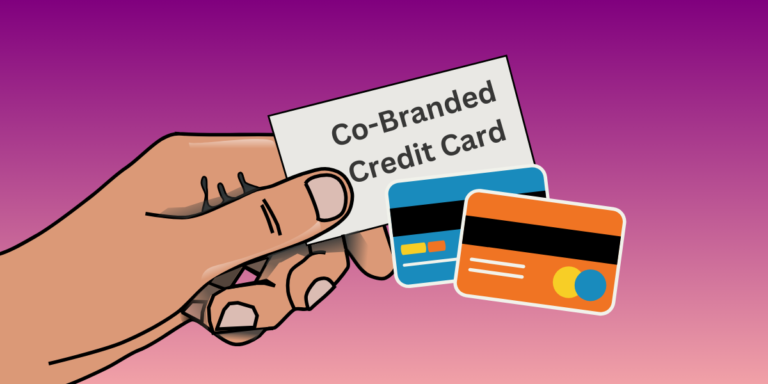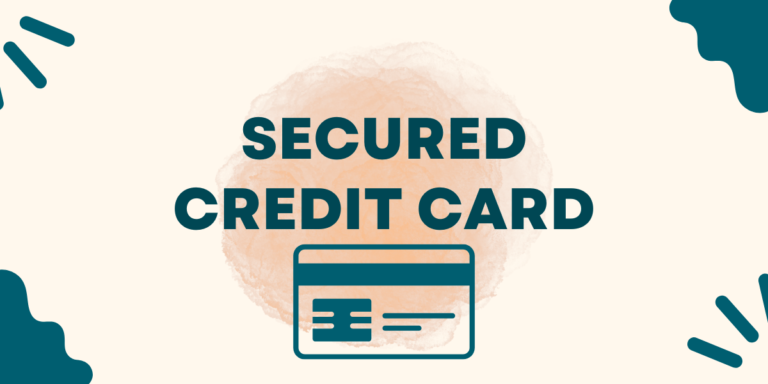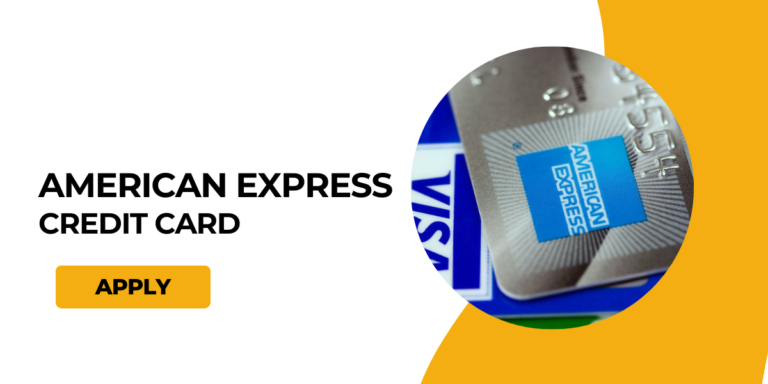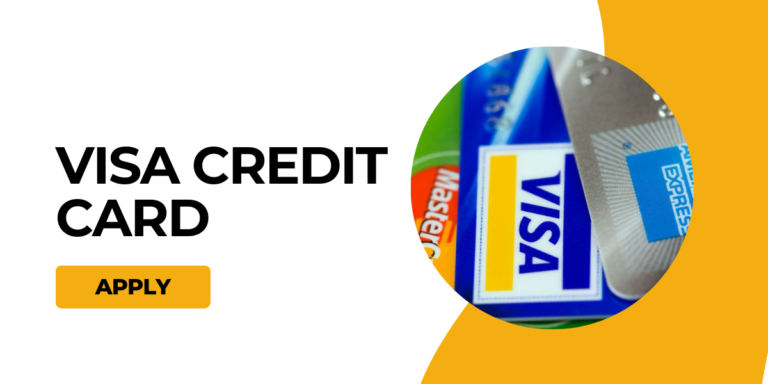A secured credit card is a special type of credit card that requires you to put down a deposit as a security in case you don’t pay your bill.
The amount of this deposit usually determines your credit limit.
Secured cards are often used by people who are new to credit or trying to rebuild their credit history. By using a secured card responsibly, like paying your bill on time.
you can show that you’re good at handling credit, which can help improve your credit score. Sometimes, if you prove you’re responsible, you can eventually upgrade to a regular credit card.
How does a secured credit card work?
A secured credit card is like a stepping stone for people who don’t have a strong credit history.
When you apply for one, you have to put down a deposit as a guarantee to the card issuer. This deposit usually decides how much credit you get.
Once you have the card, you can use it to buy things like you would with any other credit card. Every month, you’ll get a bill showing what you spent and what you owe.
It’s important to pay at least the minimum amount on time to avoid extra fees and problems with your credit score. By using the card responsibly, paying on time and not spending too much.
you can show that you’re good with credit. Over time, this can help you build or improve your credit history, making it easier to get other loans or credit cards in the future.
If you decide to close the secured credit card account and you’ve paid everything on time, you usually get back the deposit you put down.
Overall, a secured credit card is a way for people to prove they can handle credit responsibly and build a better financial future.
What is the benefit of a secured card?
The main benefit of a secured credit card is that it helps people build or rebuild their credit history.
Since secured cards require a security deposit as collateral, they are typically easier to qualify for than unsecured cards, which can be beneficial for individuals with limited or damaged credit.
By using a secured card responsibly making timely payments and keeping balances low cardholders can demonstrate creditworthiness to creditors and improve their credit score over time.
Secured cards may offer other benefits such as lower interest rates, no annual fees, and the opportunity to upgrade to an unsecured card in the future.
Indian Bank Credit Card: Eligibility, Features & Benefits
Bank of Maharashtra Credit Card: Eligibility, Features & Benefits
Central Bank of India Credit Card: Eligibility, Features & Benefits
Is it a good idea to have a secured credit card?
Yes, having a secured credit card can be a good idea for several reasons:
- Building Credit: Secured credit cards are an excellent option for individuals who are new to credit or need to rebuild their credit history. By using a secured card responsibly making timely payments and keeping balances low. cardholders can demonstrate creditworthiness and improve their credit score over time.
- Easier Approval: Secured credit cards are generally easier to qualify for compared to unsecured cards since they require a security deposit as collateral. This makes them accessible to individuals with limited or damaged credit.
- Financial Flexibility: Secured credit cards provide the convenience and flexibility of a traditional credit card, allowing cardholders to make purchases, pay bills, and build credit, just like with any other credit card.
- Upgrade Opportunities: Many secured credit card issuers offer the opportunity to upgrade to an unsecured credit card after a period of responsible card use. This allows cardholders to transition to a card with better terms and benefits.
- Security: With a secured credit card, the security deposit acts as a safeguard for the card issuer, reducing the risk of default. This added security can provide peace of mind for both the cardholder and the issuer.
Overall, a secured credit card can be a valuable tool for building credit, establishing financial responsibility, and gaining access to essential financial products and services.
Which banks offer a secured credit card?
Many banks and credit card issuers offer secured credit cards. Some of the major banks and financial institutions known to offer secured credit cards include:
- Capital One
- Discover
- Bank of America
- Wells Fargo
- Citi
- TD Bank
- U.S. Bank
- Barclays
- Chase
- American Express
Indian Banks that Offer Secured Credit Card:
In India, several banks offer secured credit cards to help individuals build or rebuild their credit history. Some of the banks that offer secured credit cards in India include:
- State Bank of India (SBI)
- HDFC Bank
- ICICI Bank
- Axis Bank
- Kotak Mahindra Bank
- IDBI Bank
- Punjab National Bank (PNB)
- Bank of Baroda (BOB)
- Canara Bank
- Union Bank of India
How to Apply for a Secured Credit Card
Applying for a secured credit card is easy. First, choose a bank or financial institution that offers secured credit cards.
Then, gather your personal information like your name, address, and income details. Fill out the application form either online or at a bank branch. You’ll also need to provide a security deposit, which decides your credit limit.
Wait for the bank to review your application, which usually takes a few weeks.
If approved, you’ll receive your secured credit card in the mail. Activate it following the instructions provided by the bank.
Once activated, you can start using your secured credit card to make purchases. Just remember to use it responsibly, pay on time, and keep your spending within your means.










